Young people need Project 150 to keep on truckin’
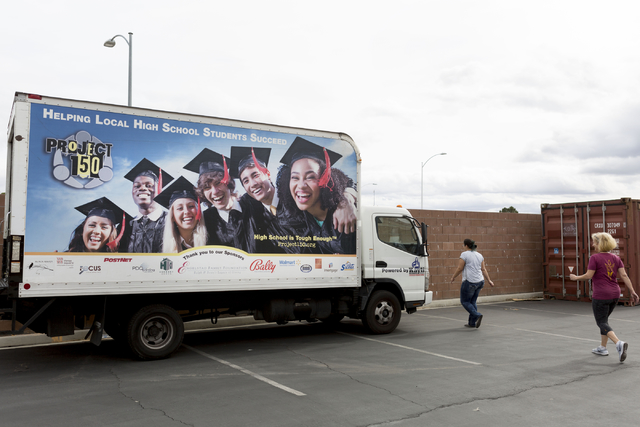
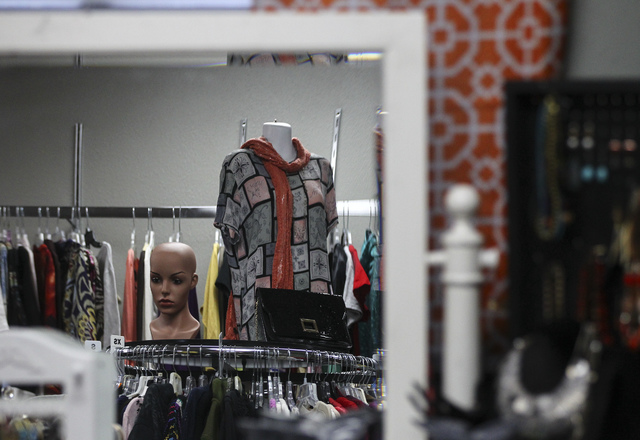
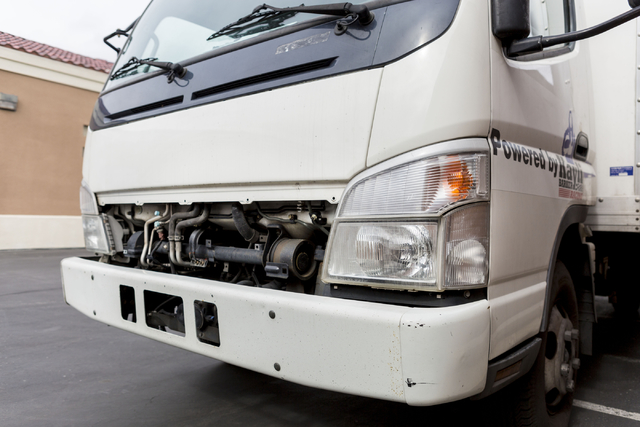
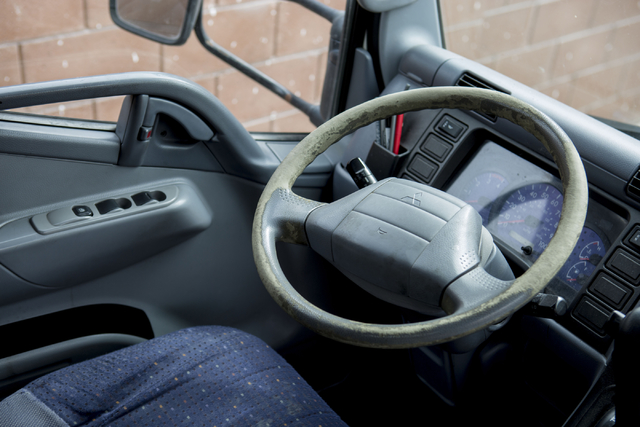
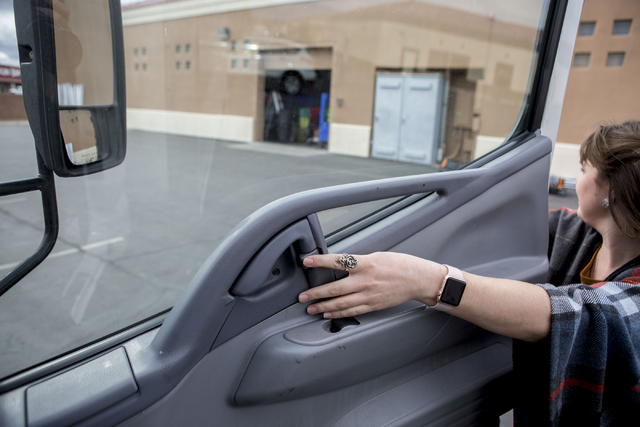
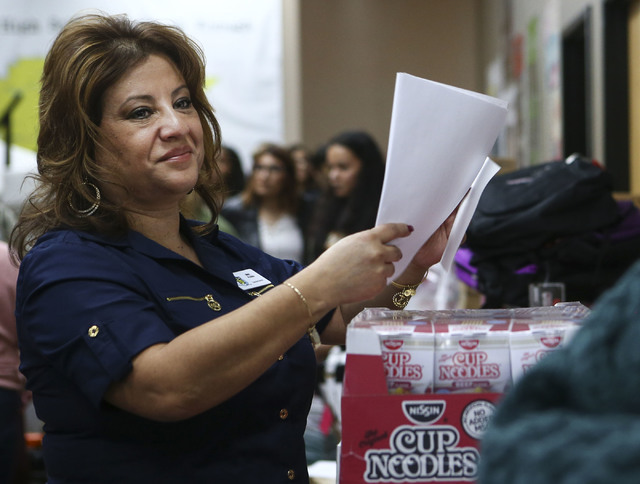
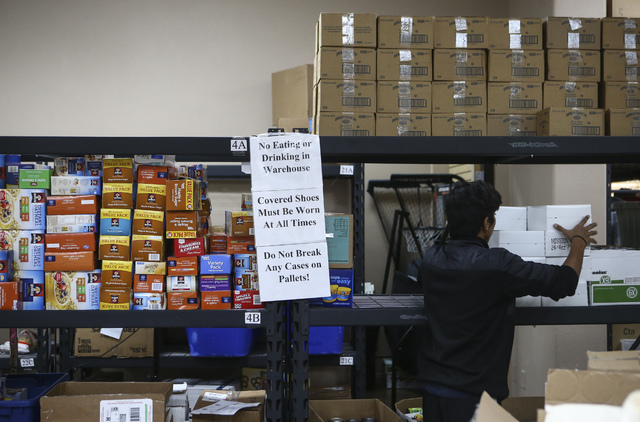
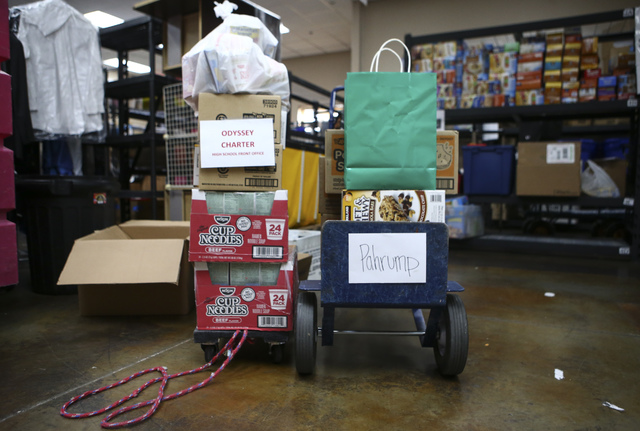
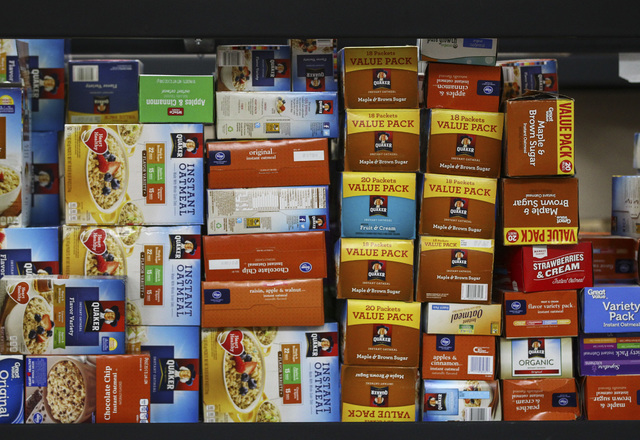

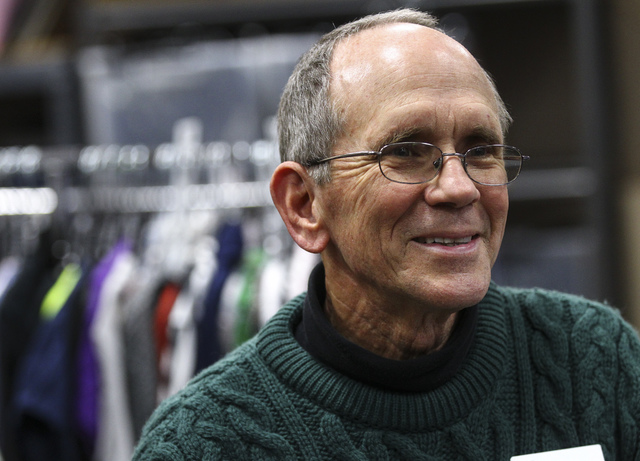
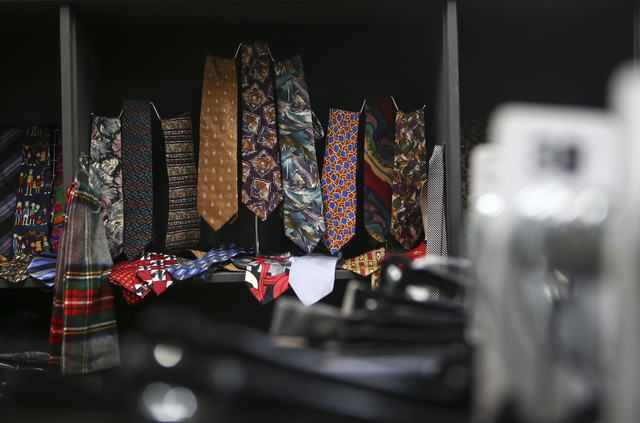

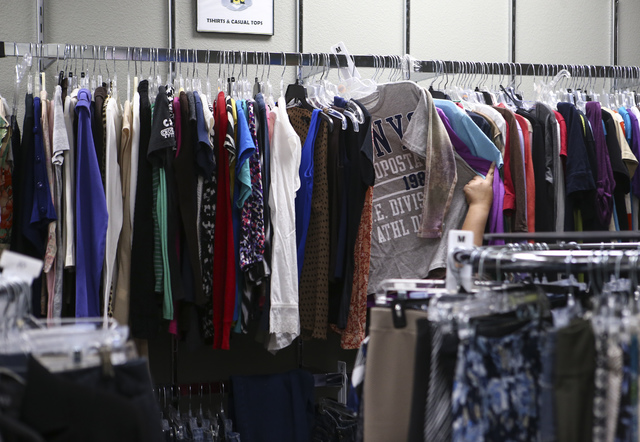
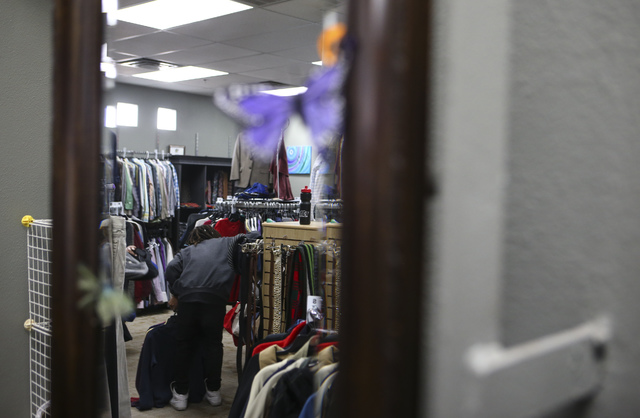
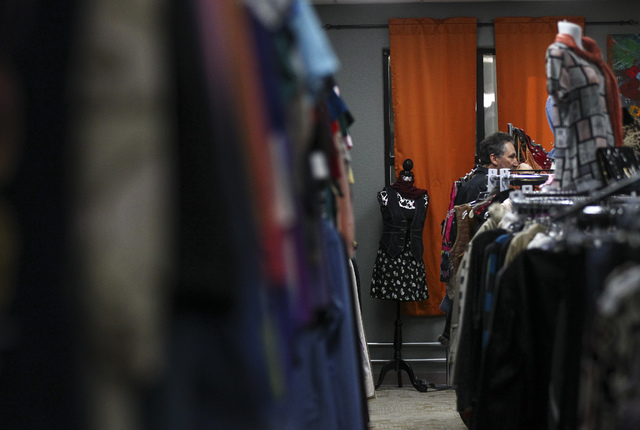
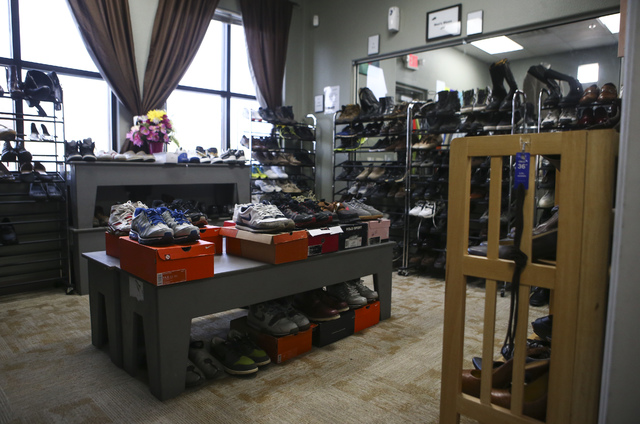
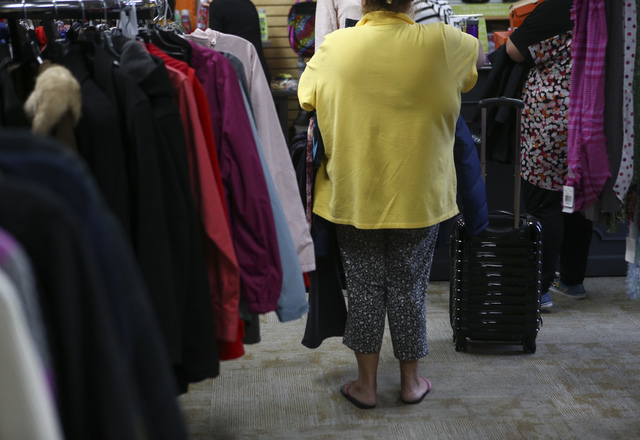

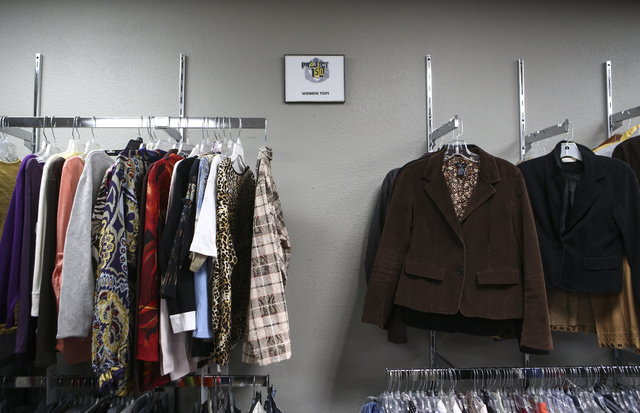
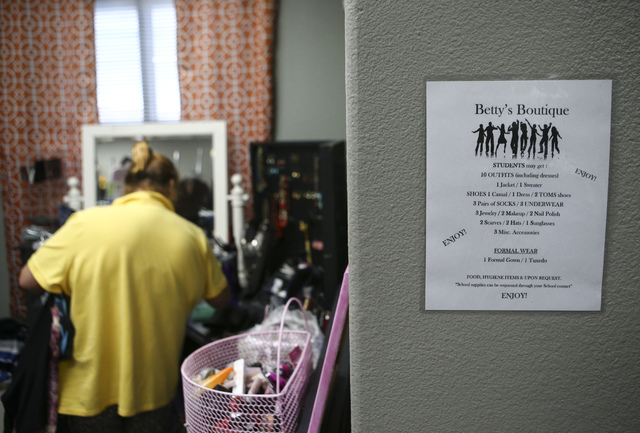
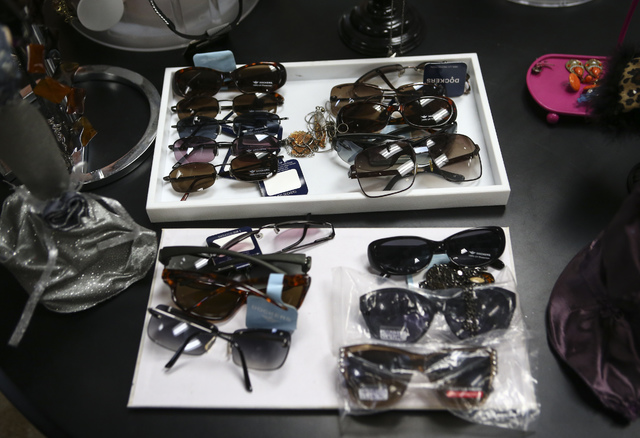
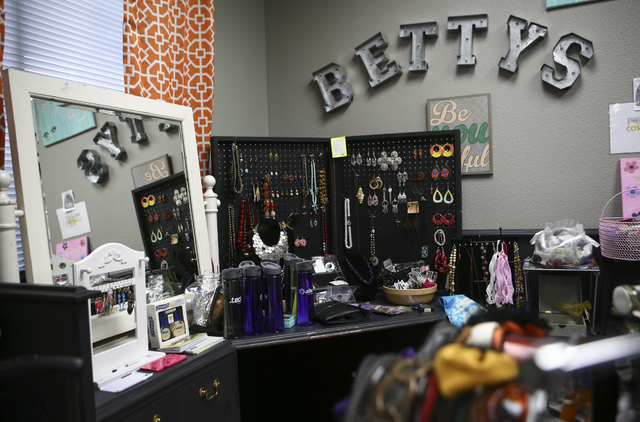
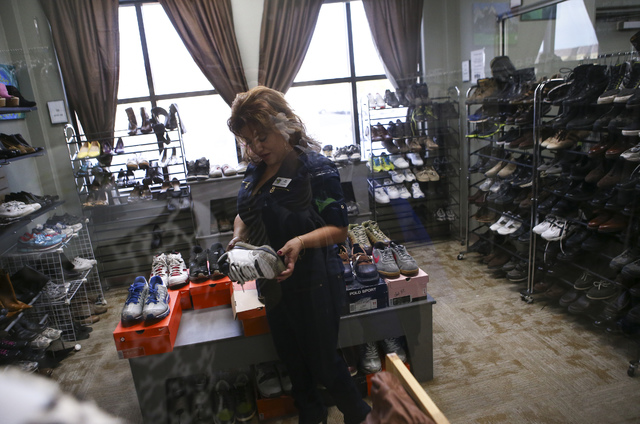
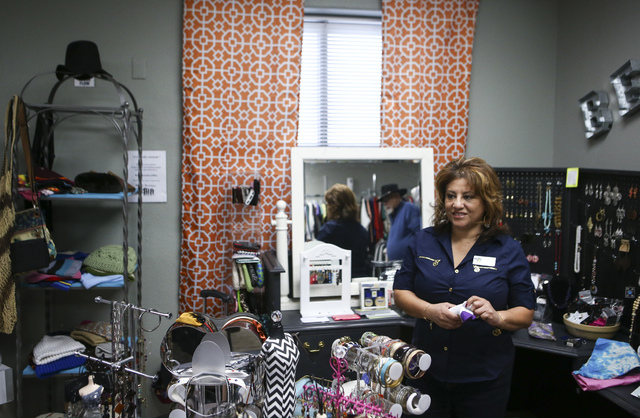

Sitting behind a warehouse on North Rancho Drive, the 10-year-old Isuzu box truck is clean and doesn’t look much the worse for wear.
But it’s a workhorse. And it’s getting tired.
It carries the logo for Project 150, a nonprofit begun five years ago in Las Vegas by two businessmen who were shocked by news stories about high school students who lacked resources most people consider basic.
Last year, the truck picked up and delivered $1.3 million worth of food, clothes, hygiene products and school supplies for homeless and needy teens. Now the organization’s sole truck, which was used to begin with, is pushing 200,000 miles.
The 18-footer, which deliveries food to 51 high schools weekly, overheats frequently. The hydraulic lift is failing and too small for the pallets the food products come in on, making it difficult and dangerous for loading and unloading.
“It’s becoming a real problem,” said Meli Pulido, Project 150’s executive director.
Maintenance problems can mean pickups and deliveries of donations are delayed.
If we see the wisdom in the Frederick Douglass aphorism that hangs on a sign high in the Project 150 warehouse entrance — “It is easier to build strong children than to repair broken men” — we might think about how to ensure Project 150 gets a new, or newer, truck.
It was that kind of thinking that first got friends Don Purdue, now a project vice president with The Cosmopolitan of Las Vegas, and Patrick Spargur, a credit professional, reaching out to 150 homeless Rancho High School students in 2011.
News reports told of how students needed support during Christmas break. After the two men helped them with clothes, food, graduation gowns, prom wear, school supplies and hygiene products, they realized that the problems many high school students faced existed valleywide.
“The Great Recession broke up a lot of families,” Spargur said.
Today, about 2,500 Las Vegas Valley high school students are homeless, defined in Nevada as having no permanent residence. Many students “couch surf,” sleeping with different family members and friends at night.
Individuals, families, businesses and civic groups make donations to help them.
I talked to four students helped by the nonprofit with food, clothes, scholarships and funds for caps and gowns and college applications.
”Project 150 kept me in school,” one student said. “I’ve been couch surfing, and I was able to get decent clothes through them. I went to prom because of them. Their hygiene products helped me not smell so bad in class.”
In 2015 the Englestadt Foundation bought the building that now serves as the warehouse for donations.
Hundreds of volunteers from churches, scouting and civic groups and businesses now sort donations, mentor and tutor.
Pulido naturally would rather ask for donations that go directly to students, but if donations can’t be picked up and delivered, needy students can’t be helped.
Visit Project150.org to find a way to help Project 150 keep on truckin’.
Paul Harasim’s column runs Sunday and Tuesday in the Nevada section and Monday in the Health section. Contact him at pharasim@reviewjournal.com or 702-387-5273. Follow @paulharasim on Twitter












